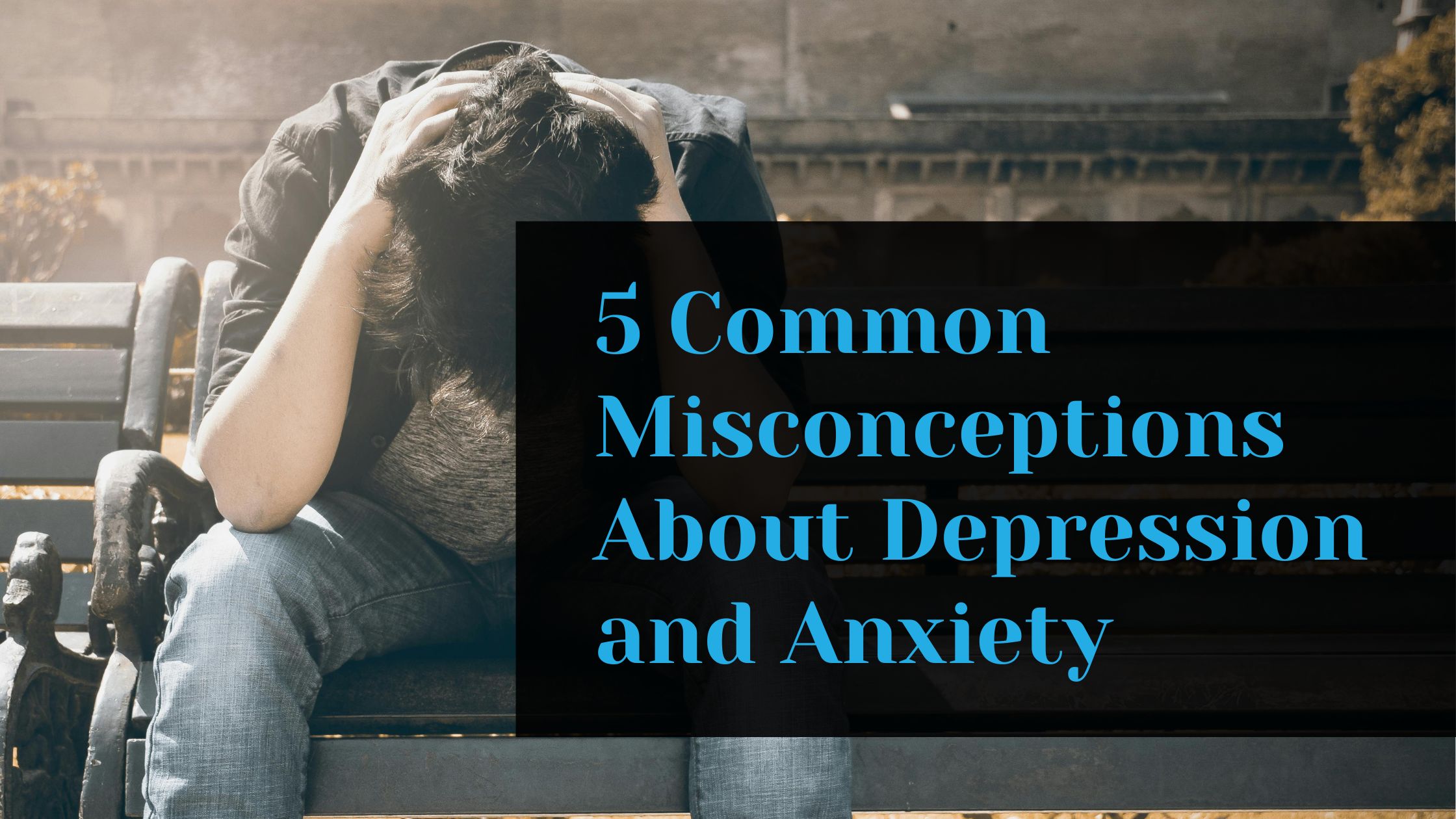
5 Common Misconceptions About Depression and Anxiety
In a world that is gradually opening up about mental health, it’s crucial to confront the stereotypes surrounding depression and anxiety. These common misconceptions can perpetuate stigma and hinder individuals from seeking the help they need. At TWT, we are committed to fostering a supportive environment for mental health, and we believe that debunking harmful stereotypes is an essential step towards achieving that goal. In this article, we will explore some prevalent misconceptions and provide accurate information to challenge these beliefs.
1. Myth: “Depression and Anxiety are Just a Phase”
Reality: Depression and anxiety are legitimate mental health conditions that require attention and care. They are not fleeting emotions that can be brushed off or overcome simply by “snapping out of it.” Understanding the persistent nature of these conditions is vital for fostering empathy and support.
2. Myth: “People with Depression and Anxiety are Weak”
Reality: Mental health challenges are not a reflection of weakness. Just as physical health can fluctuate, so can mental health. It takes strength to acknowledge and address one’s mental health struggles. Breaking free from this stereotype opens the door to compassion and understanding.
3. Myth: “You Can Always Tell When Someone is Depressed or Anxious”
Reality: Depression and anxiety do not always manifest visibly. Many individuals suffering from these conditions can appear outwardly fine, making it challenging for others to recognize their struggles. Mental health is a complex interplay of thoughts and emotions, and it’s essential to approach each person with empathy rather than assumptions.
4. Myth: “Success Means Immunity to Mental Health Issues”
Reality: Achieving success or maintaining a high-functioning lifestyle does not make someone immune to depression or anxiety. Mental health conditions can affect anyone, regardless of their external achievements.
5. Myth: “Talking about Depression and Anxiety Makes It Worse”
Reality: Open communication about mental health is crucial for fostering understanding and support. Talking about depression and anxiety does not exacerbate the conditions; in fact, it often serves as a crucial first step towards seeking help. Encouraging dialogue helps break the stigma and creates a more supportive environment.
Conclusion:
At TWT, we believe in empowering individuals to prioritise their mental health without fear of judgement or stereotypes. Depression and anxiety are complex conditions that affect millions, and understanding the realities behind these challenges is crucial for fostering a compassionate and supportive community. Your health matters, and so does your mental well-being. By dispelling stereotypes, we pave the way for a world where seeking help is not only accepted but celebrated. Let’s continue to challenge misconceptions, promote understanding, and build a society where mental health is a priority for everyone.
Book a free 15-minute session with us today to delve deeper into the world of CBT and explore practical tips to integrating it into your daily routine. Your journey to a happier and healthier mind starts now!
Click here to learn more about us


